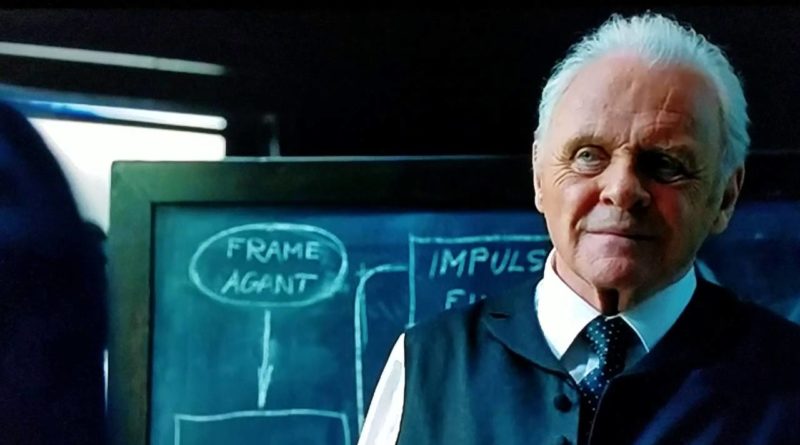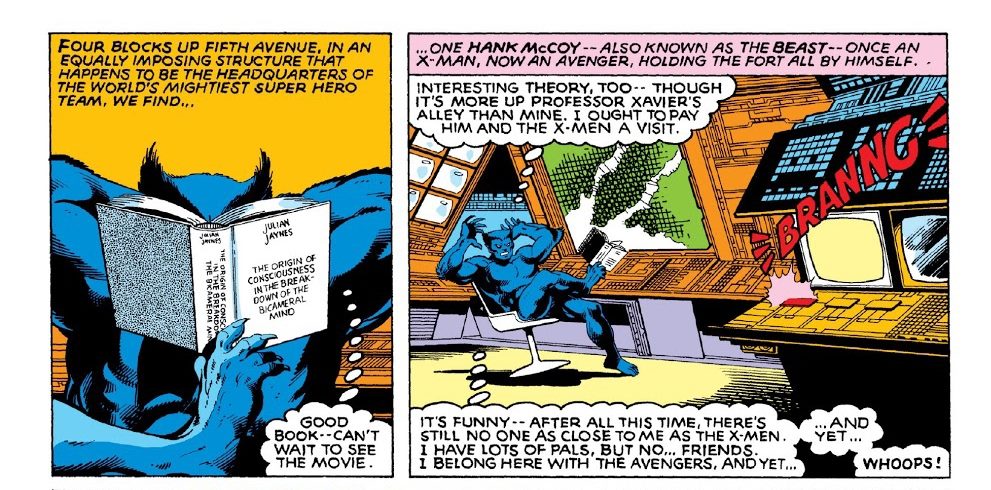Popular Interest
Julian Jaynes’s The Origin of Consciousness in the Breakdown of the Bicameral Mind has been popular with readers for more than 40 years, has been cited in thousands of non-fiction books and articles, and has been translated into French, German, Italian, Spanish, and Korean. We’ve listed a sampling of the popular culture interest in Julian Jaynes’s theory by well-known musicians, artists, writers, and others below:
In 2013, David Bowie listed Julian Jaynes’s The Origin of Consciousness in the Breakdown of the Bicameral Mind in his Top 100 Must Read books. Bowie also posted a brief summary of Jaynes’s book in 1998.
Singer and actor Art Garfunkel also lists Jaynes’s book in his top 159 books.
In a June 2001 interview with Entertainment Weekly, the singer-songwriter Prince said that when he goes online, “he surfs the web for juice on the bicameral mind.”

|
While interviewing David Duchovny about his book, The Reservoir, Bill Maher spontaneously claims to have a “bicameral mind.” Duchovny then asks if he has read Jaynes’s The Origin of Consciousness in the Breakdown of the Bicameral Mind, and briefly explains the theory. Duchovny may have first read Jaynes’s book while he was a student at Princeton University from 1978-1981. Jaynes was teaching his popular “Psychology of Consciousness” course at Princeton during this time. |
|
Julian Jaynes’s theory is prominently featured in the first season of HBO’s hit series Westworld. Jaynes’s theory is discussed by Dr. Ford (played by Anthony Hopkins) and Bernard (played by Jeffery Wright) in Episode 3. Furthermore, the season finale is titled “The Bicameral Mind.” |

|
The comedian, actor, and social critc George Carlin brought up the topic of Julian Jaynes’s theory in a 1982 interview with Playboy magazine.
Philip Pullman drew inspiration from Julian Jaynes for series His Dark Materials, with the characters’ spirit-animals (called dæmons) serving the function of the bicameral guiding voice. in his book Daemon Voices, Pullman writes, “Epic heroes, in fact, seem to be at some distance from themselves. This realisation lies behind the crazy and yet tantalisingly rich idea of Julian Jaynes.” Pullman’s series has been adapted for film (The Golden Compass) and a BBC One/HBO TV series.
Science fiction writer Philip K. Dick had experiences with hearing voices and he corresponded with Julian Jaynes in 1977. Jaynes’s theory and the split-brain research of Sperry, Bogen, and Gazzaniga was influential to his writing, such as his 1981 book Valis.

|
Volume 1, #134 of The Uncanny X-Men (“Too Late, the Heroes!”), shows Beast (Hank McCoy), thinking while reading Julian Jaynes’s book: “Good book — can’t wait to see the movie. Interesting theory, too — though it’s more up Professor Xavier’s alley than mine. I ought to pay him and the X-Men a visit.” |
In the closing moments of Season 2, Episode 1 of HBO’s The Vow, the camera pans across Nancy Salzman’s bookshelf, showing Julian Jaynes’s The Origin of Consciousness in the Breakdown of the Bicameral Mind, alongside other classics by authors such as Freud and Korzybski.
Canadian science fiction writer Robert J. Sawyer incorporates Jaynes’s theory into his books Mindscan and WWW: Wake.
Julian Jaynes’s book has been incorporated into the art of South Korean artist Lee Bul: Labyrinth of Infinity Mirrors: Via Negativa II.
Douglas Adams, author of the best seller The Hitchhiker’s Guide to the Galaxy, told The Guardian in 1991 that Jaynes’s book is “quite possibly a book of the century.”
Julian Jaynes’s theory influenced the plots of several of author Neal Stephenson‘s books, including Snow Crash, The Big U, and Zodiac.
The American artist Ian Cheng has drawn inspiration from Julian Jaynes’s theory for several of his live simulations: Emissaries is a series of live simulation works Emissary In the Squad of Gods, Emissary Forks at Perfection, and Emissary Sunsets The Self.
Daniel Menaker, editor at The New Yorker for 20 years, and editor in chief at Random House, says his “all-time favorite book is the 30-year-old The Origins of Consciousness in the Breakdown of the Bicameral Mind by Julian Jaynes.”
In August 2020, the band Everything Everything released the album Re-Animator, which was influenced by frontman Jonathon Higgs’ fascination with Julian Jaynes’ bicameral mind theory.
Jaynes’s bicameral mind theory served as inspiration for author Terrence Hawkins‘ The Rage of Achilles.
In 1990, Don Wooten, radio host, columnist, and general manager of WVIK for 22 years (the NPR station for the Quad Cities region of eastern Iowa and northwest Illinois), said that Jaynes’s book “is the most important bit of theorizing since The Origin of Species. It’s also a dazzling read… you’ll never be the same.” (Quad-City Times, July 1, 1990)
Harry Turtledove drew upon Julian Jaynes’s theory for his book Between the Rivers.
Jaynes’s book appeared in the 2006-2007 NBC series Kidnapped, read by the couple’s son Leopold Cain, played by Will Denton.
The 1989 novel Look into the Sun by James Patrick Kelly is heavily based on Julian Jaynes’s theory.
Julian Jaynes’s book is mentioned in the novels Earth by David Brin, New England White and Palace Council by Stephen L. Carter, The Consciousness Plague by Paul Levinson, From Hell by Alan Moore and Eddie Campbell, and The 6th Target by James Patterson and Maxine Paetro.
Julian Jaynes’s theory is alluded to in American Gods by Neil Gaiman.